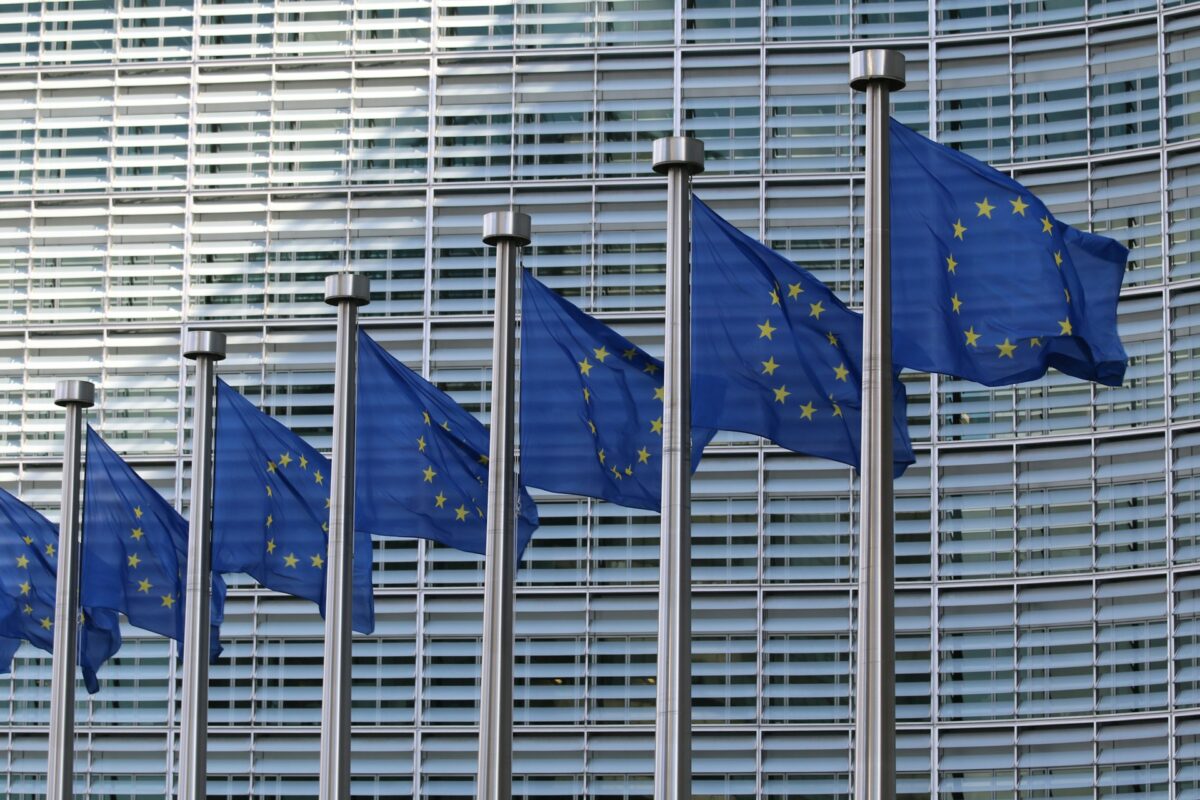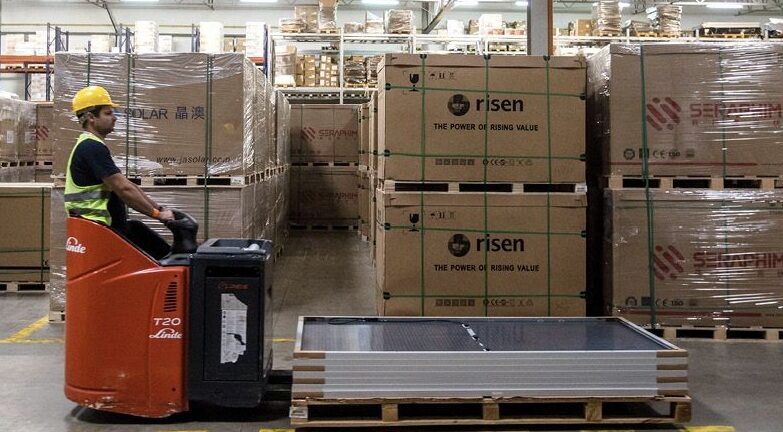The European Commission is awarding nearly €720 million to seven renewable hydrogen projects in Europe. The projects, selected through the first competitive bidding process under the European Hydrogen Bank, will produce renewable hydrogen to be used in sectors including steel, chemicals, maritime transport and fertilizers.
The seven chosen projects cover Finland, Norway, Portugal and Spain from a list of 132 bids. Together, they plan to produce 1.58 million tons of renewable hydrogen over 10 years.
They submitted bids between €0.37/kg and €0.48/kg of renewable hydrogen produced – far under the ceiling price of €4.50/kg set in the auction – while also meeting the other qualification requirements, and will now receive subsidies ranging between €8 million and €245 million.
The largest awarded project by volume is located in Sines, Portugal. A consortium comprising Madoqua Renewables, Power2X and Copenhagen Infrastructure Partners plans to produce renewable hydrogen over ten years. The second largest is located in the northeastern Spanish province of Teruel, where Renato Ptx Holdco is targeting 480,000 tons of hydrogen.
“The high number of bids and the investments awarded today are a clear signal of confidence in the nascent renewable hydrogen market,” said Maroš Šefčovič, executive vice-president for European Green Deal, Interinstitutional Relations and Foresight. “There is a strong project pipeline in Europe and a competitive industry. These are encouraging signs for the future of this important net-zero technology.
The seven selected projects will now start preparing individual grant agreements with the European Climate, Infrastructure and Environment Executive Agency, which are expected to be signed by November 2024 at the latest. The projects will have to start producing renewable hydrogen within five years of signing the grant agreement. They will receive the awarded fixed premium subsidy for up to 10 years for certified and verified renewable hydrogen production.
The commission said it will launch a second European Hydrogen Bank auction by the end of this year. It said it will draw on the lessons learned from the pilot auction and further consult stakeholders before its launch.
Meanwhile, the German government is making €350 million in national funding available for projects that did not qualify for EU-level support in this auction, but did meet the eligibility criteria.
The funding will be made through the new “auctions-as-a-service” mechanism, which allows member states to utilize an EU-level auction platform and award national funding to additional projects.
“I encourage other member states to follow Germany’s lead, and make use of the ‘auctions-as-a-service' to support renewable hydrogen production at national level using our European auction platform,” said Wopke Hoekstra, commissioner for Climate Action.
This content is protected by copyright and may not be reused. If you want to cooperate with us and would like to reuse some of our content, please contact: editors@pv-magazine.com.




1 comment
By submitting this form you agree to pv magazine using your data for the purposes of publishing your comment.
Your personal data will only be disclosed or otherwise transmitted to third parties for the purposes of spam filtering or if this is necessary for technical maintenance of the website. Any other transfer to third parties will not take place unless this is justified on the basis of applicable data protection regulations or if pv magazine is legally obliged to do so.
You may revoke this consent at any time with effect for the future, in which case your personal data will be deleted immediately. Otherwise, your data will be deleted if pv magazine has processed your request or the purpose of data storage is fulfilled.
Further information on data privacy can be found in our Data Protection Policy.